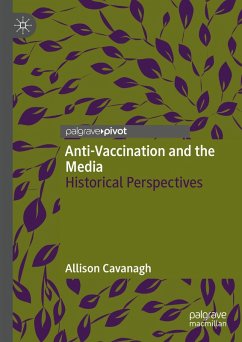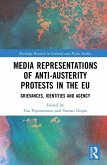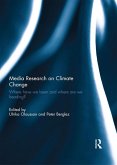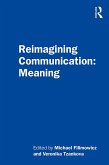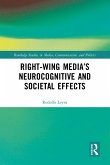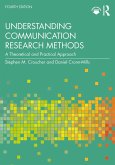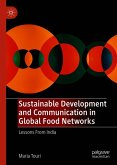The work considers the ways that concerns about and resistance to inoculation were informed by cultural and social pressures in two case studies, firstly that of polio in the 1950s and secondly the so called 'pertussis crisis' of the 1970s, wherein a period of social activism and newspaper campaigning led UK and US governments to offer compensation schemes for vaccine damaged children. The studies chosen provide a detailed comparison of the politics of childhood inoculation over two eras in the UK. Chapters also cover the use of metaphor and representational analysis in health communication, comparing ways in which the work of Moscovici, Sontag and other theorists can be used to provide complementary insights, and the affordances and concerns around the use of 'big data' analyses in historical work. The work also features discussion of the implications of the findings for approaches to more recent vaccination crisis points. This book argues that anti-vaccination narratives, far from showing a stable and coherent set of concerns, are highly mutable. The work compares anti-vaccination and conspiracy theory narratives, drawing out areas of continuity and schism.
Allison Cavanagh is a lecturer in Media and Communication at the University of Leeds, UK.
Dieser Download kann aus rechtlichen Gründen nur mit Rechnungsadresse in A, B, BG, CY, CZ, D, DK, EW, E, FIN, F, GR, HR, H, IRL, I, LT, L, LR, M, NL, PL, P, R, S, SLO, SK ausgeliefert werden.

